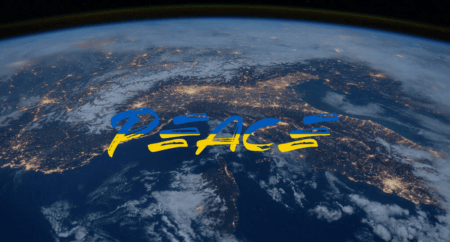In an era where social media platforms reign supreme in shaping public opinion and disseminating information, the responsibility of managing content and ensuring its authenticity has never been more critical. The latest incident involving counterfeit explicit imagery of singer Taylor Swift circulating online has sounded alarm bells at the highest levels of government, prompting an urgent discourse on the role of these powerful digital intermediaries.
The proliferation of a particularly troubling doctored image of Swift, which reached an astonishing 47 million views before the associated account faced suspension, is a stark reminder of the rapidity with which misinformation can spread in the digital age. Such events are not only distressingly common but also serve to highlight the significant gaps in social media governance.
Addressing the nation, White House Press Secretary Karine Jean-Pierre expressed serious concern over the ease with which this deceitful content spread unimpeded across various platforms. The incident has reinforced the call for social media giants to intensify their efforts in enforcing the rules designed to thwart the dissemination of false information, including unauthorized intimate images that often disproportionately victimize women.
This incident has not just raised questions about privacy and consent but also about the readiness of social media companies to combat sophisticated methods of content manipulation, potentially involving artificial intelligence. As these methods evolve, the pressure increases on tech companies to anticipate and counter such threats with robust, proactive measures.
Furthermore, the implications of such incidents extend beyond the invasion of an individual’s privacy. They hold the potential to manipulate public perception, damage reputations, and influence cultural narratives. Swift’s case underscores a disturbing trend where the digital identity and image of public figures are at the mercy of unscrupulous elements operating with impunity across the vast expanse of the internet.
Read: Google Unveils AI-Powered Educational Tools for Smarter Learning
In response, the call from the White House for legislative action signals an acknowledgment that platform self-regulation might not suffice in the battle against online misinformation and digital abuse. There’s a growing consensus that the legislative framework needs to catch up with technological advancements to protect individuals’ rights in the digital realm effectively.
The context of this development in light of significant cultural moments of the past year cannot be underestimated. It demonstrates a contemporary challenge faced not only by celebrities but by individuals globally, as the lines between reality and digitally altered content become increasingly blurred. The incident has sparked a necessary conversation about the ethical responsibilities of those who control the digital arenas where public opinion is formed and contested daily.
As the dialogue between policymakers, social media platforms, and the public continues to unfold, the expectation is clear: it is incumbent upon these entities to establish and enforce standards that protect users from the hazards of falsified digital content. The resolution of this complex issue will be instrumental in shaping the integrity of our digital future, ensuring a balanced coexistence between the right to free expression and the imperative to maintain authenticity and respect online.
What’s your take on this? Let’s know about your thoughts in the comments below!












